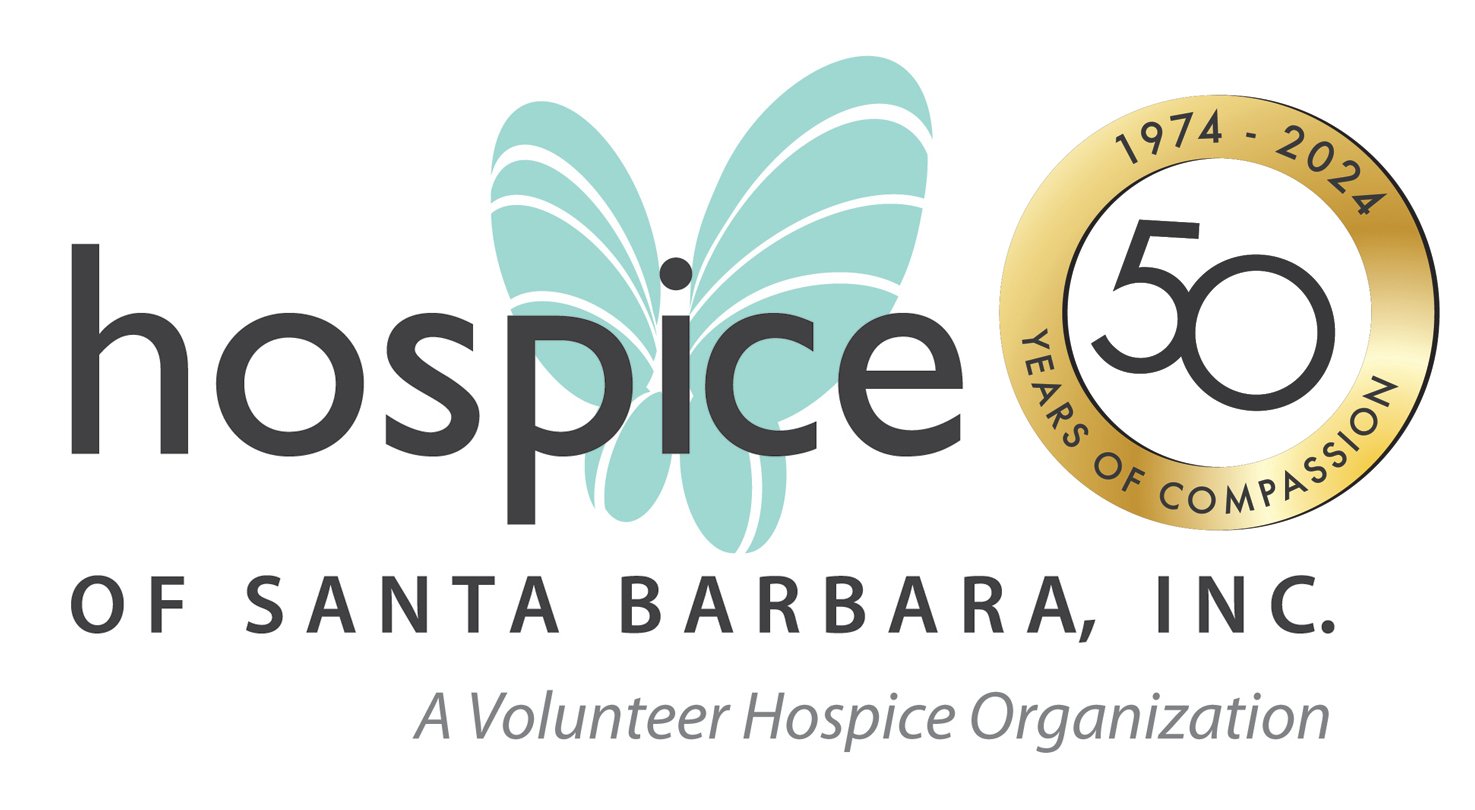In 2012, a group of physicians (Palliative Care Consultants of Santa Barbara) were awarded an Innovative Health Care Grant by Medicare — one of only 107 such awards in the country. The intent of the grant was to provide urgent care to seniors (age 60 or older) in their homes with a three-pronged goal: provide better and more immediate care to seniors in their home or assisted-living setting, which would improve their overall health while at the same time save money to the Medicare program. These physicians (Mike Bordofsky, Eric Trautwein, Dennis Baker and Michael Kearney) started a program called DASH (Doctors Assisting Seniors at Home) to accomplish this goal.
The physicians knew that they needed cracker-jack sharp nurses to make home visits at times of urgent needs and emerging unusual health changes in their enrollment population. These nurses needed to be people who were confident and calm in their response to those needing immediate observation and attention, and had to possess great nursing assessment skills along with strong but sensitive interpersonal relations. Accurate and thorough screening was a necessity along with knowledge of community resources. The ability to remain unruffled under a wide variety of presenting circumstances was the key to opening the door to utilize all of the other needed skills.
Having worked with these nurses throughout the program, I cannot help but extol their praises. I want to shout out recognition to Carolynn Allen, RN, Liz Orr, RN (they were two of the original DASH nurses) and Melody Zaida, LVN, and Lisa Sobczak, RN, who joined the team a few years ago. Their commitment to serve the DASH enrollees was extraordinary. Conducting an in-person assessment at times of illness and emerging medical problems and communicating findings promptly and accurately to the on-call DASH physician or the person’s primary care doctor were critical to timely and successful treatment. Providing and explaining written treatment plans to the enrollee and/or family each at every visit was essential to achieving patient compliance and successful outcomes.
Each nurse never left the home or other environment until she was sure the person/family/caregiver understood the plan of treatment. Oftentimes, a follow-up call was made the next day just to check on the person and provide reassurance or determine if another visit was needed. I have been told by some of the DASH enrollees and families that it was not unusual for the DASH nurse to make a cup of tea for the person, make an extra call to family or just stay an extra few minutes to reassure the DASH enrollee that she would check back in 24 hours to see how the person was feeling.
Upon the closing of DASH, I received many calls from professionals as well as former DASH enrollees and families singing the praises of DASH and expressing sadness about its closure. One family member said, “The support of the nurses, the information given to us was wonderful — they gave us physical support for my husband and emotional confidence-building support to myself and our (at-home) caregivers. I knew they would help me and come back, if I needed them.” Another family member said, “I am so sorry to hear that DASH will close. Your nurses were so helpful to our family when my mom (still at home) needed it most.” According to Dr. Bordofsky, program director, “The DASH nurses were the heart and soul of the program. They were so committed — delivering kindness and caring to people who really needed it.”
I have long enjoyed using a quote that seems somewhat pertinent here: “It’s not the building, it’s the people.” In this case, the success of DASH was “all about the program and all about the people” — with our enrollees and our nurses being “the people.” It didn’t matter where they lived or their status in life, each enrollee was valued and cared for according to their needs.
As the enrollment coordinator who was the first point of contact with all enrollees and their families, I communicated information and needs to our doctors and nurses right at the outset. I enjoyed a very positive “coordinating” role with Carolynn, Liz, Melody and Lisa as we often brainstormed connecting the enrollee to a community resource, helping them learn and utilize other services to enhance their well-being. Safety and wellness were always uppermost in our hearts and our practice.
Though DASH no longer is operational in Santa Barbara, the comments, calls and pleas (to keep it going) that I have received since our program closed on Feb. 28 speak to the expertise of the nurses and the doctors, but also to the fact that the DASH nurses provided skills and support to our enrollees/families and did so with a huge heart. What a privilege for all of us to do the work of DASH! It truly was a work involving strong clinical and sensitive communication skills, awareness of and connection to community resources and compassionate caring — a work of the heart.
Each of us nurses is looking for a new “work of the heart.” I am now at Hospice of Santa Barbara, Melody is working for Visiting Nurse & Hospice Care and the others (Carolynn, Liz and Lisa) are still exploring where their skills and heart will take them. Thanks, nurse friends, for being great co-workers.
— Jeanne West, RN, MHA, is the community engagement manager for Hospice of Santa Barbara.

